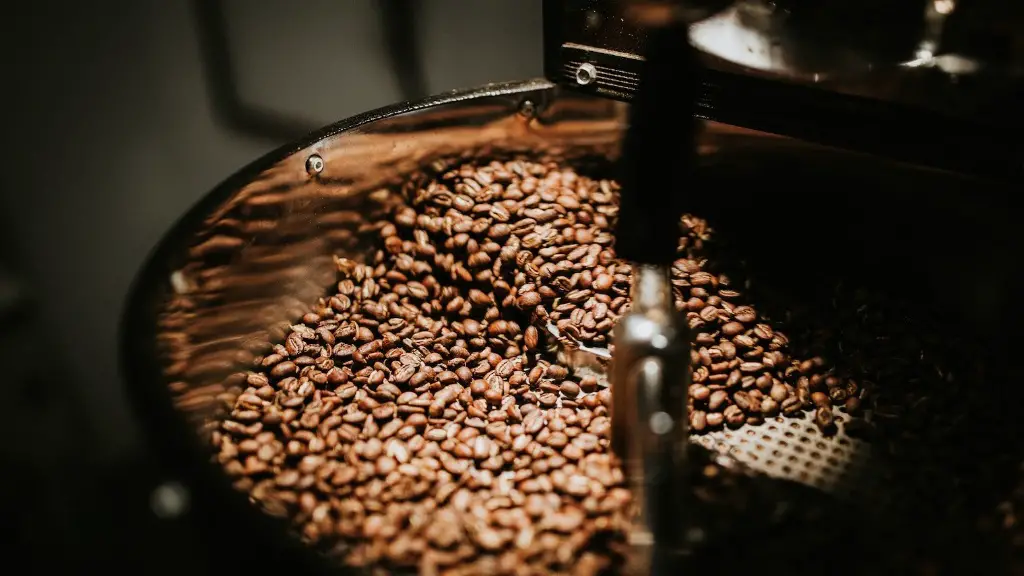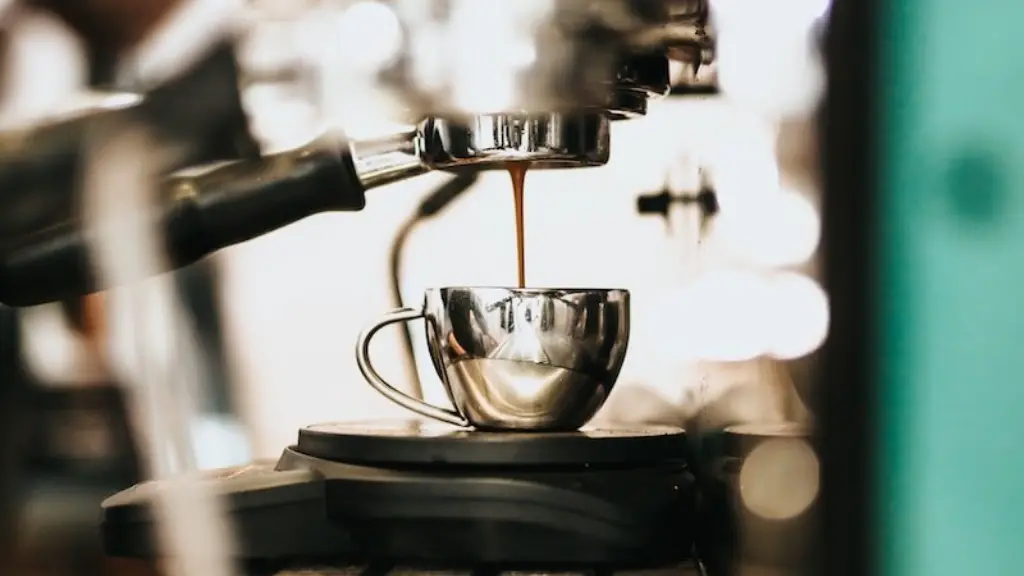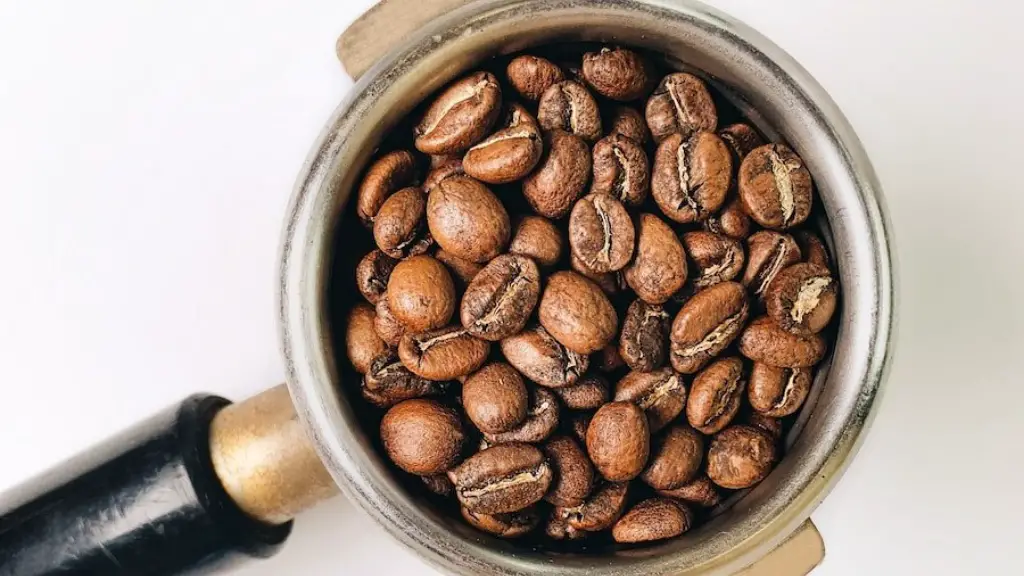Coffee beans are not bad for you. In fact, they may even have some health benefits. Coffee beans are a good source of antioxidants, which can help protect your cells from damage. They also contain caffeine, which can improve your mood, increase alertness, and help you stay focused.
No, coffee beans are not bad for you. In fact, they may even have some health benefits.
How many coffee beans are bad for you?
The long answer is that it depends on a few things like the size of the bean, how roasted they are, and what type of coffee bean it is. For example, a smaller bean will have more caffeine than a larger one. And a darker roast will have less caffeine than a lighter roast. So, it really varies. But, in general, 20-30 beans is a safe amount.
Caffeine is a stimulant that is found in many foods and drinks. When you chew on a bean, the caffeine is directly absorbed by your mouth into the bloodstream. This means that even a single bean can give you a boost of energy. However, the effect will not last as long as if you had drunk a cup of coffee.
Does chewing coffee beans give you caffeine
Coffee beans are a great way to get a quick caffeine and antioxidant boost. On average, eight coffee beans contain an amount of caffeine equivalent to one espresso. However, your body will absorb the caffeine more quickly from coffee beans, so be aware of this if you are sensitive to caffeine.
Coffee is a rich source of antioxidants. Antioxidants are molecules that help protect your cells from damage. They play an important role in your overall health, and may help reduce your risk of chronic diseases like heart disease and cancer.
Rich in Nutrients —Freshly roasted coffee beans are also rich in nutrients like vitamin B3, potassium, and magnesium. These nutrients are important for maintaining your health and preventing chronic diseases.
Boosts Your Mood —Coffee has been shown to boost your mood and improve your mental alertness. This is due to the caffeine content in coffee. Caffeine is a stimulant that can help you feel more awake and focused.
Reduces Your Risk of Diabetes —Coffee has been shown to reduce your risk of type 2 diabetes. This is likely due to the antioxidants and other nutrients in coffee.
Are coffee beans bad for your heart?
Coffee beans have many health benefits! They are full of antioxidants and anti-inflammatory compounds that help reduce stress and improve insulin sensitivity. They also help boost metabolism and inhibit the absorption of fat in the gut.
While a cup of coffee in the morning can help to wake you up and give you a boost of energy, too much caffeine can actually cause anxiety in people who suffer from panic or anxiety disorders. According to experts, brewing coffee with a paper filter can help to reduce the risk of early death, as unfiltered coffee is associated with higher rates of LDL (“bad”) cholesterol.
Do coffee beans get digested?
Eating coffee beans may provide a small treat, but most of the caffeine is released during the brewing process. So, you may not even get much caffeine through digestion of the beans.
Coffee is a great Pick-me-up, but it’s not a food. You might feel more energetic after drinking a cup of coffee, but that’s because it’s a stimulant, not because it’s providing your body with nutrients. If you rely on coffee to get through the day, you’re not eating enough of the right things.
Does eating coffee beans help you lose weight
If you’re interested in boosting your workout performance and promoting weight loss, consider eating coffee beans. The caffeine they contain has been linked to improved endurance, metabolism, and fat burning. To get the same amount of caffeine as a shot of espresso, you need to eat 37-48 beans.
There is no scientific evidence to support the claim that drinking coffee stimulates the gastrocolic reflex and causes a bowel movement. However, some people may find that they have a bowel movement after drinking coffee. This could be due to the fact that coffee is a diuretic and can cause increased urination, which in turn may stimulate the bowels.
How many espresso beans can you eat to equal a cup of coffee?
A cup of coffee typically contains between 95-100mg of caffeine, while an average espresso bean contains about 6mg of caffeine. You can approximate that 16-17 beans would equal a cup.
There are many different types of coffee beans in the world, and each one has its own unique flavor. Some of the best tasting coffee beans include Tanzania Peaberry, Hawaii Kona, Nicaraguan, Sumatra Mandheling, Sulawesi Toraja, Mocha Java, and Ethiopian Harrar. Each of these coffee beans has its own distinctive flavor that is sure to please coffee lovers everywhere.
Is grinding your own coffee healthier
The more surface area you create when grinding coffee beans, the faster the dilution process will be. This means that if you brew a cup of coffee immediately after grinding the beans, you will be able to enjoy a greater concentration of the oils present in the beans.
dark roast coffee is more effective than light roast coffee in reducing body weight. This is because dark roast coffee beans contain more caffeine than light roast coffee beans. Caffeine is a natural diuretic, which means it helps to reduce water retention in the body. This can lead to a decrease in body weight. In addition, dark roast coffee beans contain more antioxidants than light roast coffee beans. Antioxidants are nutrients that help to protect the body from damage caused by free radicals. Free radicals are harmful molecules that can damage cells and lead to weight gain. Antioxidants help to neutralize free radicals, which can help to reduce body weight.
Does roasting coffee beans destroy caffeine?
Caffeoylquinic acids are the most abundant antioxidants in coffee samples. Roasting process causes some degradation of chlorogenic acids, but not of caffeine.
Coffee is still considered to have potential risks, mostly due to its high caffeine content. For example, coffee can temporarily raise blood pressure in some people. Women who are pregnant, trying to become pregnant or breastfeeding need to be cautious about caffeine consumption.
Conclusion
coffee beans are not bad for you
While coffee beans may not be the healthiest food item, they are not bad for you. Coffee beans are a good source of antioxidants and can help improve cognitive function.





